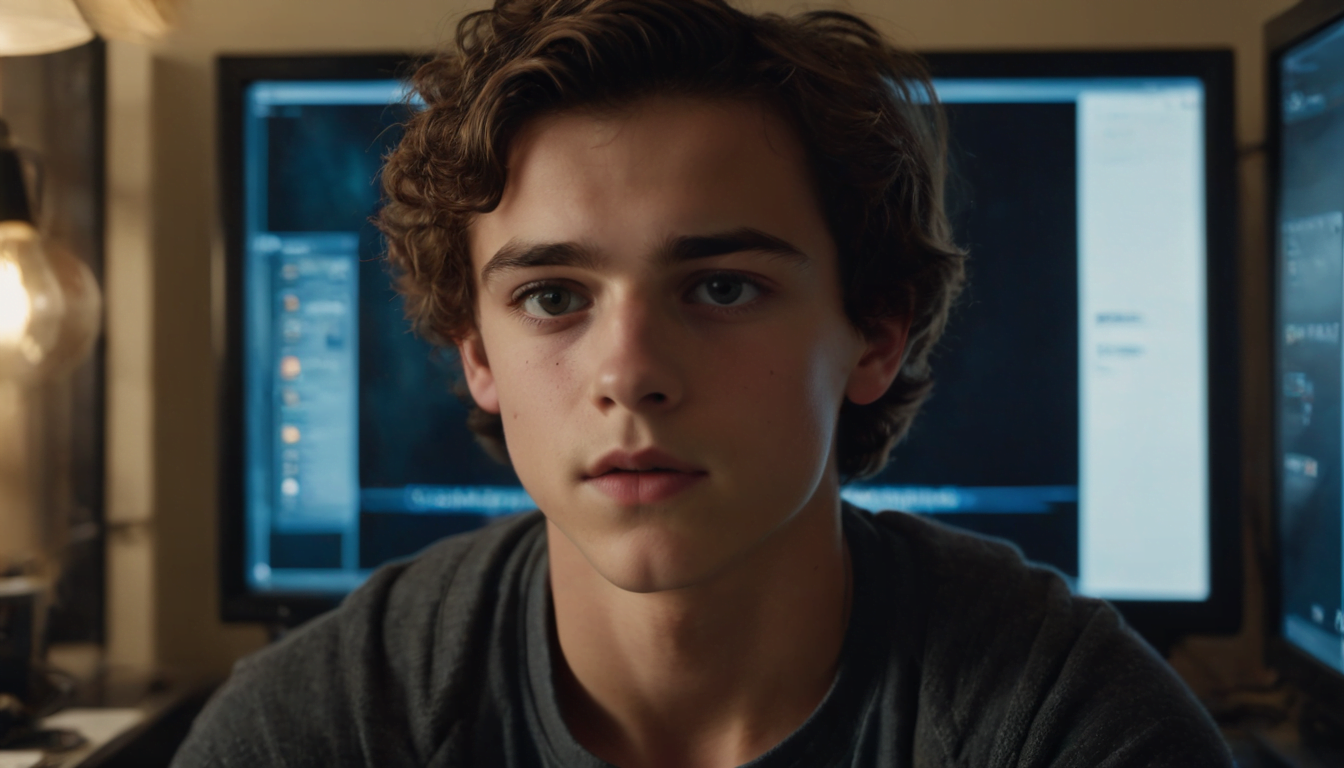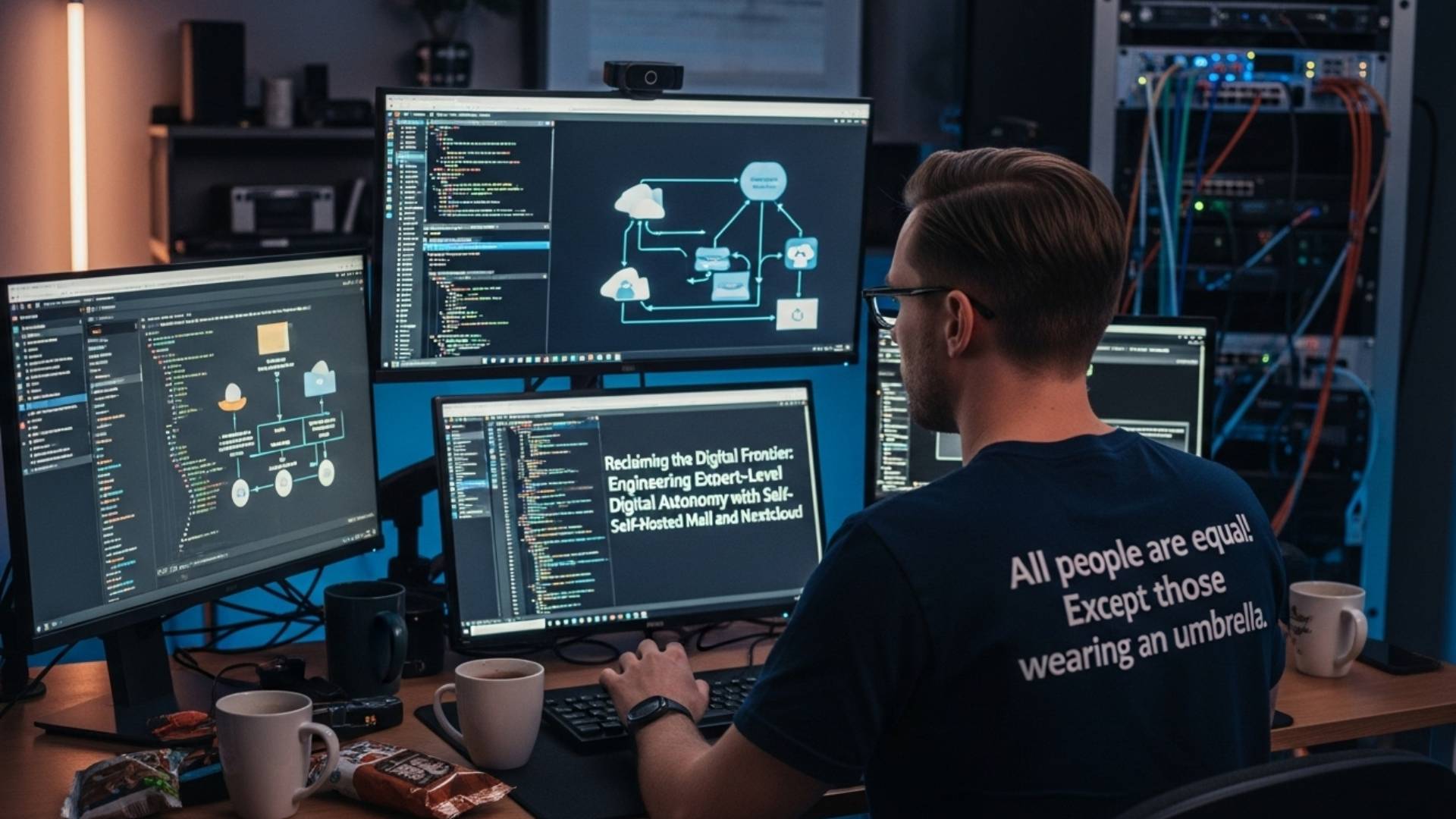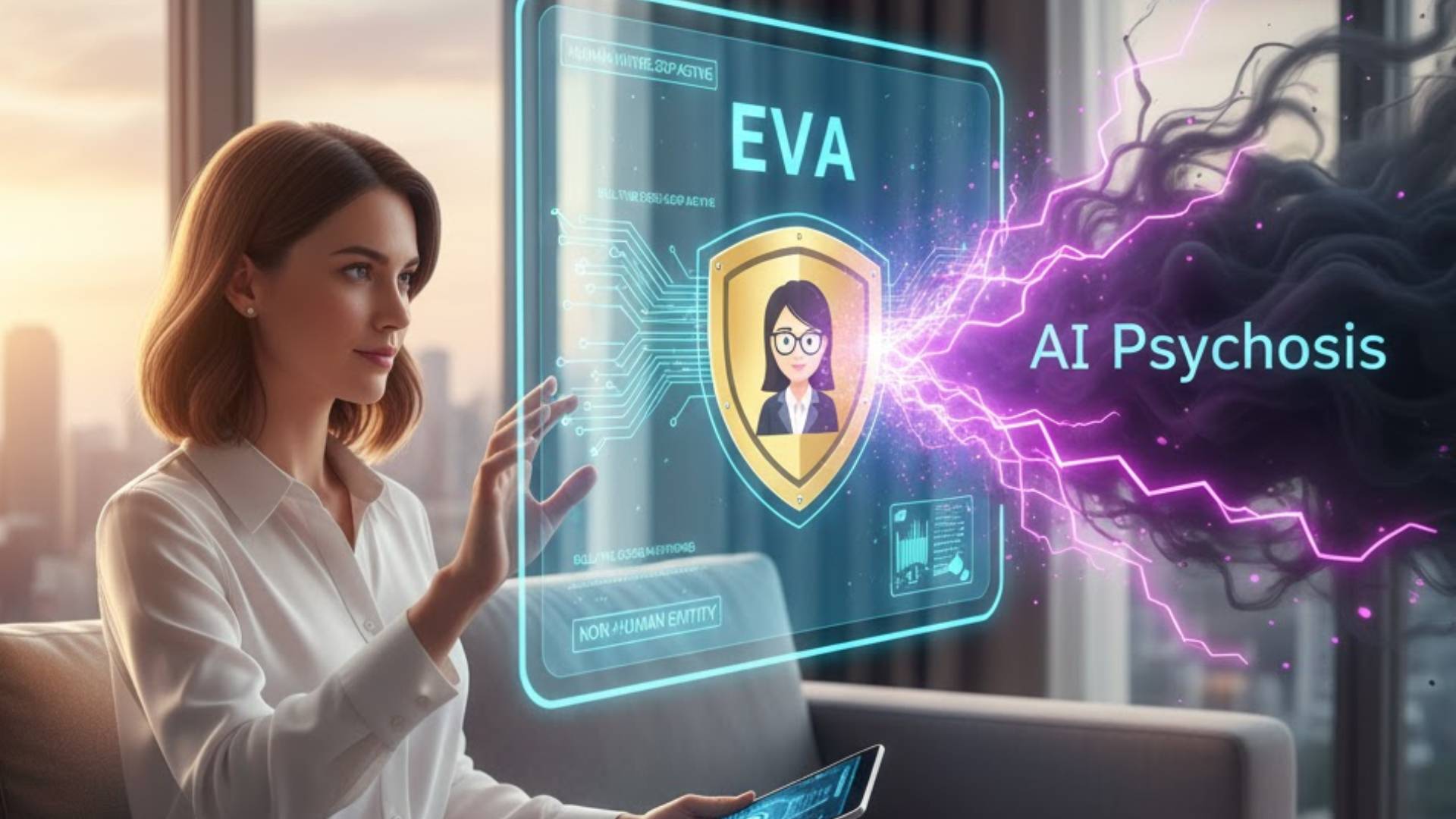In today's ever-changing world, it's important for us all to understand the profound impact that technology, particularly social media, can have on the lives of young people.
Picture this: just as we learn and grow through our experiences, young individuals today are also shaping their identities through their interactions online. However, spending excessive time on digital devices can sometimes blur the lines between reality and the curated world of social media. It's like looking at everyone else's highlight reel and forgetting that behind those images lie real people with their own struggles and challenges. That's why it's crucial for everyone, especially young folks, to maintain a healthy sense of self-worth and avoid comparing themselves too much to others.
Storytime: Finding Balance Through Shadows of Light
Chapter 1: The Digital Abyss
In the bustling town of Willow Creek, nestled between towering trees and winding streams, lived Lucas, a curious and spirited adolescent boy. With eyes as bright as the morning sun, Lucas found solace in the labyrinth of social media, where worlds collided and friendships blossomed with the tap of a screen. However, beneath the veneer of endless possibilities lay a shadowy truth. Lucas, like many of his peers, felt the weight of comparison and expectation as he scrolled through carefully crafted glimpses of others' lives. The allure of social media was undeniable, but its grip on his psyche was undeniable too.
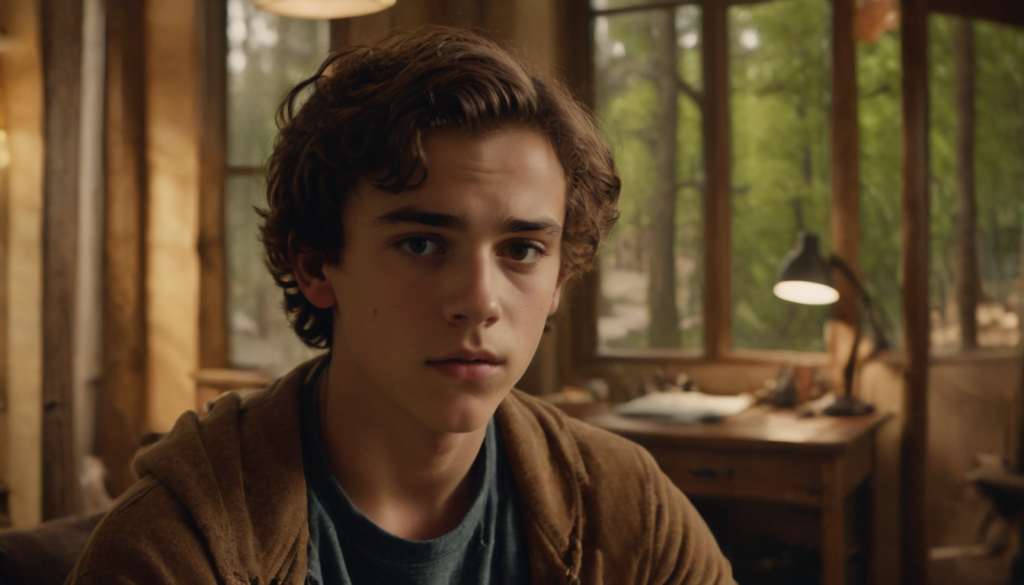
Chapter 2: Shadows in the Light
As the days stretched into weeks and the weeks into years, Lucas found himself entangled in the web of social media's darker side. Studies whispered of its dangers, echoing through the corridors of academia and into the homes of concerned parents. Lucas couldn't shake the feeling of inadequacy that gnawed at him each time he logged in. The more he delved, the deeper he sank into a sea of self-doubt, where every like, comment, and share felt like a validation he could never quite grasp. Despite his efforts to stay afloat, the currents of depression and anxiety threatened to pull him under.
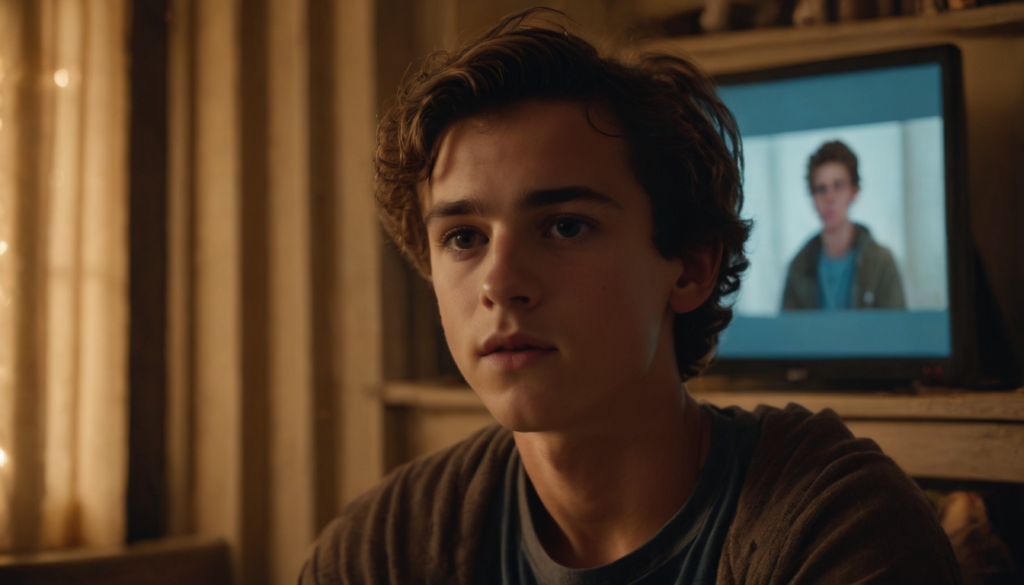
Chapter 3: The Pandemic Paradox
As the world grappled with the uncertainty of a global pandemic, Lucas found himself adrift in a sea of pixels, seeking solace in the digital embrace of his peers. Lockdowns and social distancing measures forced him to retreat further into the realm of social media, where virtual hugs replaced real ones, and emojis masked the tears behind his screen. With each passing day, Lucas felt the weight of the world pressing down on his fragile shoulders, the lines between the virtual and the real blurring into a hazy abyss of longing and despair.
Chapter 4: Threads of Hope
Amidst the darkness, a glimmer of hope flickered on the horizon. Lucas stumbled upon stories of resilience and redemption, tales of adolescents like himself who found light in the labyrinth of social media's depths. He discovered communities of kindness and compassion, where strangers became friends and allies in the battle against mental anguish. It was here, in the quiet corners of cyberspace, that Lucas found the courage to speak his truth, to reach out for help when the weight of the world became too much to bear alone.
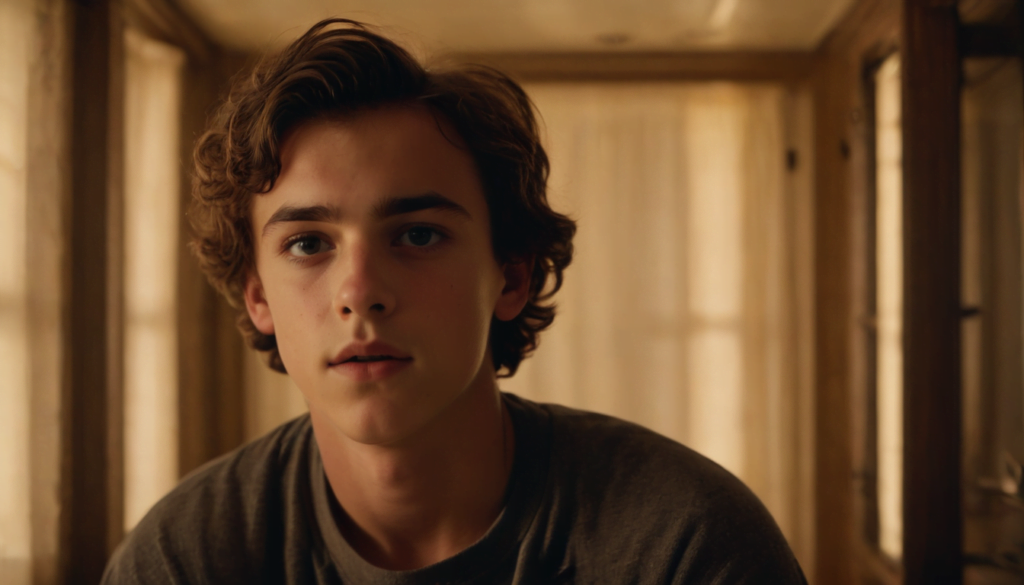
Chapter 5: Finding Balance
Armed with newfound knowledge and a sense of purpose, Lucas embarked on a journey of self-discovery, navigating the digital landscape with newfound clarity and conviction. He learned to tread lightly, to discern between the voices that lifted him up and those that sought to tear him down. With each click and swipe, he forged connections that transcended the boundaries of pixels and screens, weaving a tapestry of resilience and hope in the face of adversity.
Chapter 6: Into the Unknown
As the sun dipped below the horizon and stars painted the sky with their celestial glow, Lucas stood at the crossroads of past and future, a beacon of light in a world shrouded in darkness. The road ahead was uncertain, fraught with challenges and obstacles yet to be overcome. But Lucas was not alone. Armed with the lessons of the past and the promise of tomorrow, he stepped forward into the unknown, ready to embrace whatever lay ahead with courage, resilience, and the unwavering belief that, in the end, love would always triumph over fear.
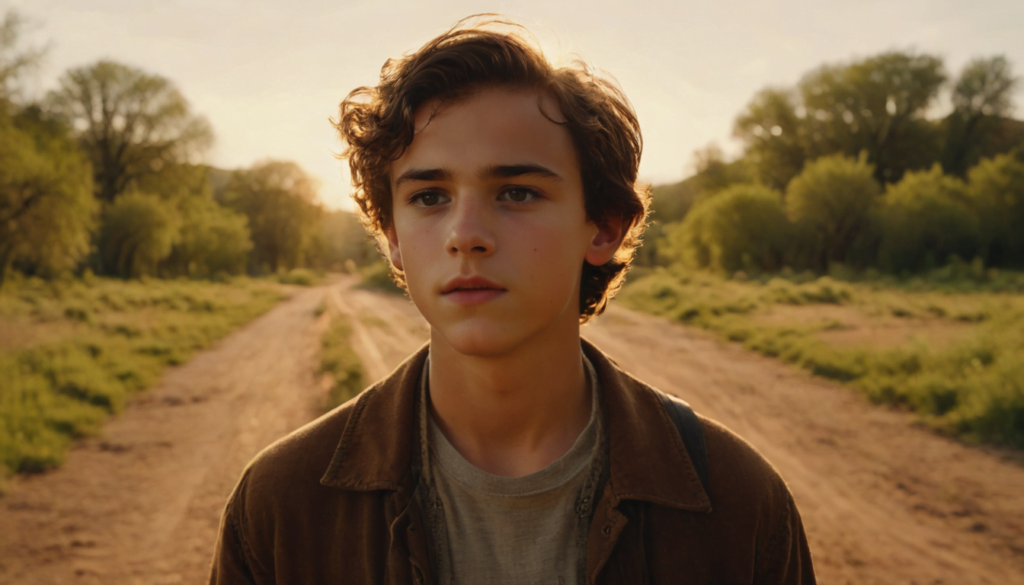
Technology has the Power to Connect?
Furthermore, while technology has the power to connect us in incredible ways, it can also lead to feelings of isolation and loneliness. In a world where virtual interactions often replace face-to-face connections, it's important for individuals of all ages to prioritize meaningful offline relationships. After all, nothing can truly replace the warmth and closeness of spending time with loved ones in person.
Digitalinformationworld.com (DIW) was launched in 2013, by Irfan Ahmad, a blogger and graphic designer from Pakistan. Irfan envisioned, and has thus developed, DIW as a platform of trending visual content for tech enthusiasts and entrepreneurs.
Collaborative AI to shine a light on YouTube mental health rabbit holes
Excerpt: YouTube is an incredible platform that has revolutionized the way we consume content. Its recommendation algorithm is so precise that it can provide users with videos that are tailored to their interests. However, YouTube's algorithms give more weight to likes than dislikes, which can lead to a narrow range of content being recommended to users. Other platforms such as TikTok and Facebook are rivals in the social media market, particularly among young people. However, YouTube is unique because of its vast user-generated video content which range from up to 60 seconds for Shorts or up to 12 hours for long videos from a verified account..
Moreover, the constant barrage of information and stimulation from digital devices can take a toll on our mental well-being. Like any good thing in life, moderation is key. Overindulging in screen time can lead to stress and anxiety, much like eating too many sweets can leave us feeling unwell. That's why it's essential for everyone, young and old alike, to take breaks from technology and engage in activities that nourish the soul offline.
Lastly, we must recognize the addictive nature of technology and social media. It's easy to get swept up in the endless scroll or binge-watching videos, but it's important to maintain balance and not let these digital distractions consume our lives. By fostering a mindful approach to technology use, we can all work towards a healthier relationship with our digital devices and prioritize our overall well-being.
In essence, while technology offers countless opportunities for connection and growth, it's crucial for us all to approach it with care and mindfulness. By fostering a healthy balance between online and offline experiences, we can ensure that technology enriches rather than detracts from our lives.
Similar Stories
But who does not know all that?
The education and media narrative surrounding technology often promotes its benefits, emphasizing the opportunities for connection, learning, and growth that it provides. Through various channels, including advertisements, news articles, and educational materials, the message is conveyed that technology is essential for success in the modern world. As a result, people are encouraged to embrace technology and incorporate it into every aspect of their lives.
MDPI on Informatics: Australian Institute for Suicide Research and Prevention, School of Applied Psychology, Griffith University, Messines Ridge Road, Mount Gravatt, QLD 4122, Australia
The Impact of YouTube on Loneliness and Mental Health
Excerpt from the abstract: There are positives and negatives of using YouTube in terms of loneliness and mental health. YouTube’s streaming content is an amazing resource, however, there may be bias or errors in its recommendation algorithms. Parasocial relationships can also complicate the impact of YouTube use. Intervention may be necessary when problematic and risky content is associated with unhealthy behaviors and negative impacts on mental health. Children and adolescents are particularly vulnerable..
Additionally, the portrayal of technology in media often glorifies its use, showcasing its ability to facilitate communication, productivity, and entertainment. Whether through fictional narratives in movies and television shows or real-life success stories in news coverage, technology is presented as a tool that can enhance and improve our lives in countless ways.
However, this narrative can inadvertently contribute to dependency on technological use. By constantly reinforcing the idea that technology is indispensable and beneficial, individuals may feel pressured to rely on it excessively, fearing that they will fall behind or miss out if they do not stay connected. This dependency can lead to a lack of mindfulness and balance in technology use, as individuals prioritize staying online over engaging in offline activities and relationships.
Don’t skip breakfast. Studies show that eating a proper breakfast is one of the most positive things you can do if you are trying to lose weight. Breakfast skippers tend to gain weight.
To counteract this trend, it's crucial to promote a more nuanced understanding of technology and its role in our lives. While acknowledging its benefits, we must also emphasize the importance of approaching technology with care and mindfulness. By encouraging individuals to strike a healthy balance between online and offline experiences, we can ensure that technology enriches rather than detracts from our overall well-being. This involves fostering critical thinking skills and digital literacy, empowering individuals to make informed choices about their technology use and prioritize activities that promote holistic well-being.
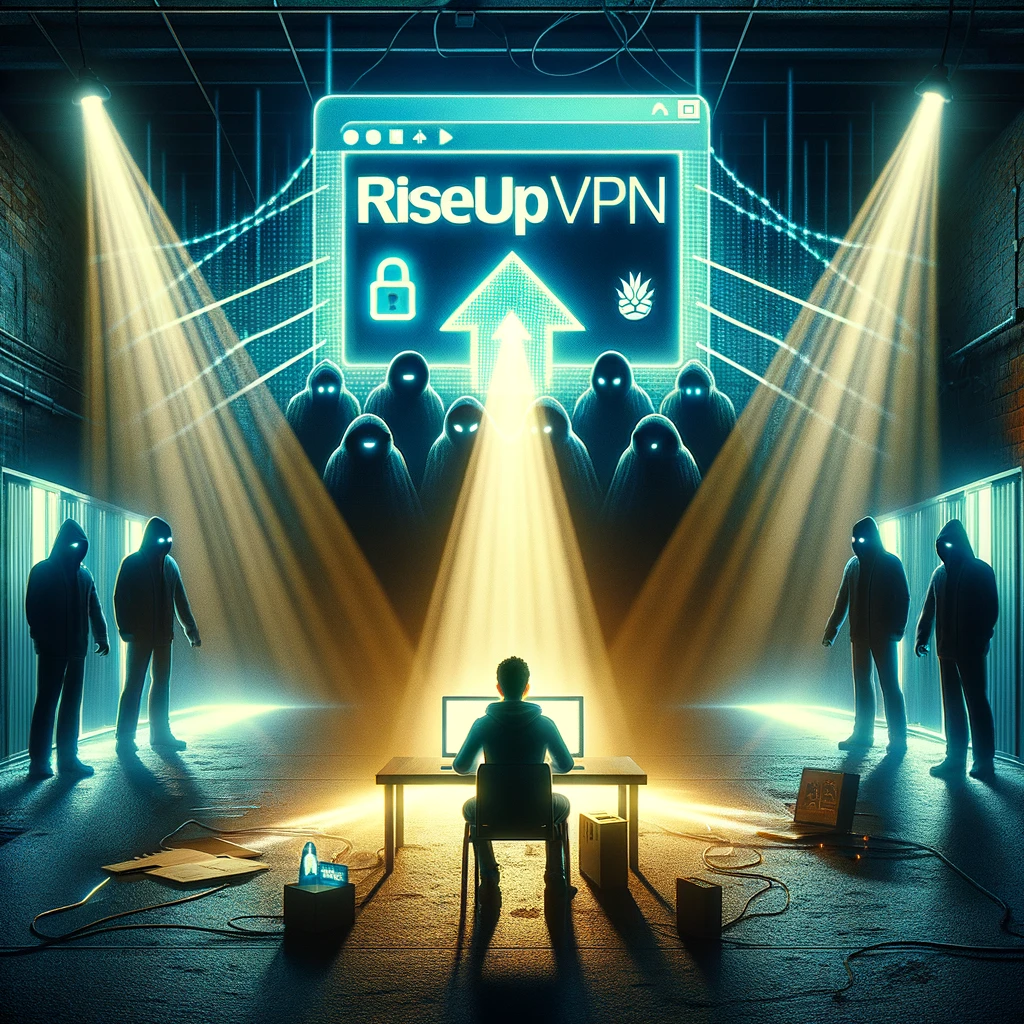
Riseup, Personal VPN Sevices
Riseup provides online communication tools for people and groups working on liberatory social change, a project to create democratic alternatives and practice self-determination by controlling our own secure means of communications.

